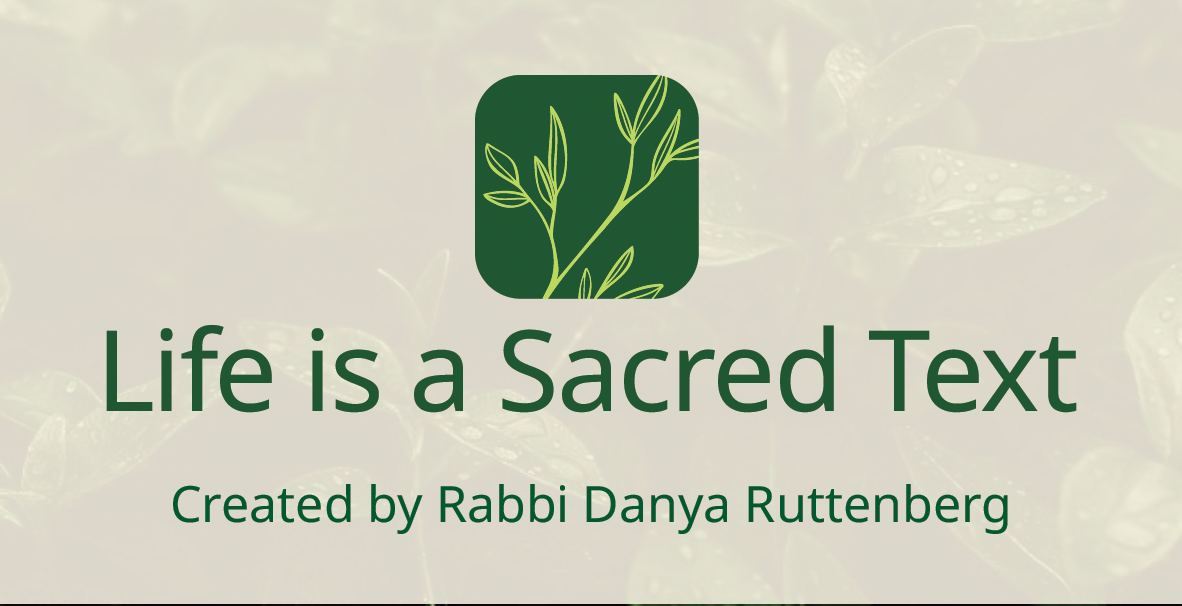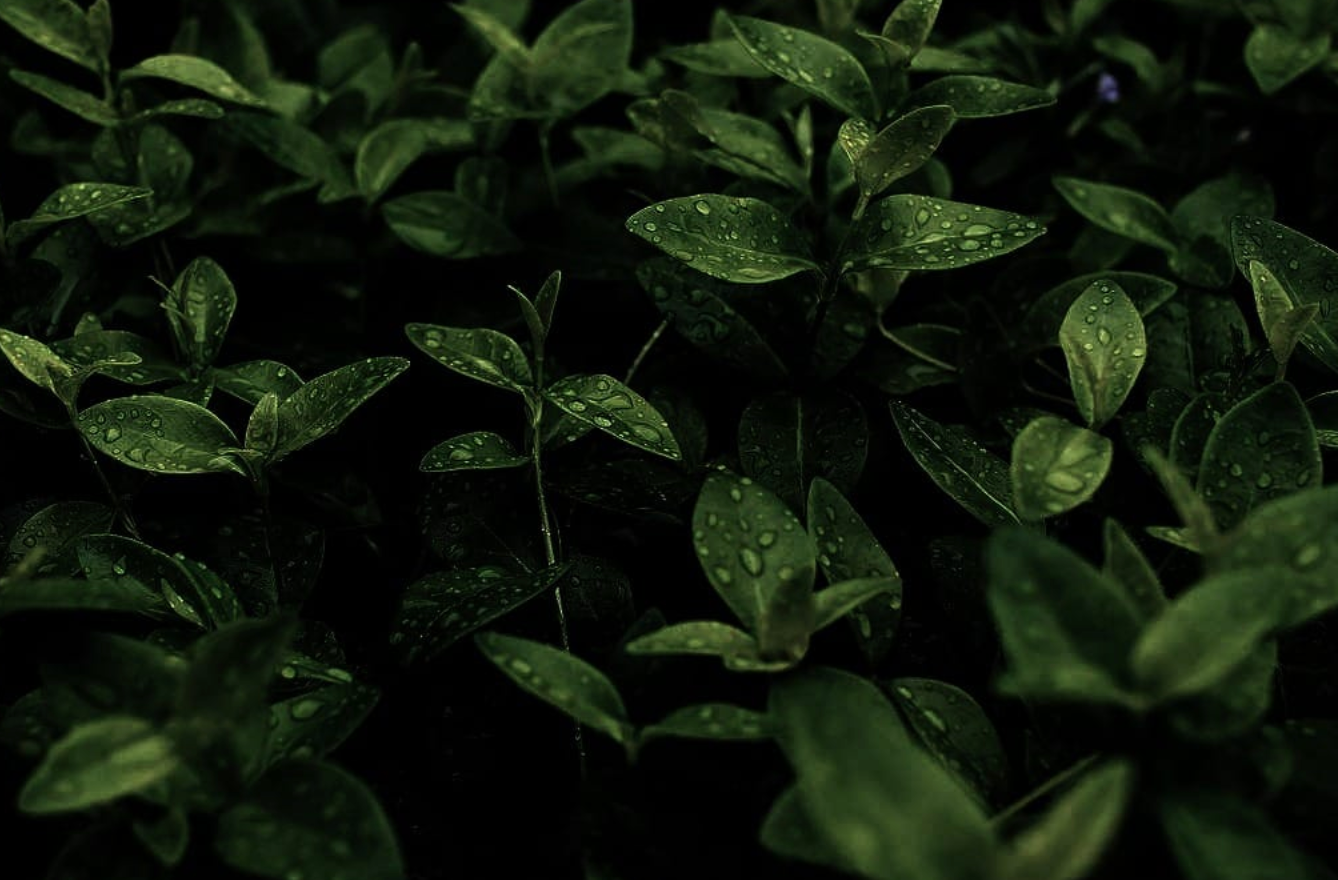beyond nostalgia
really, the cucumbers weren't great in Egypt
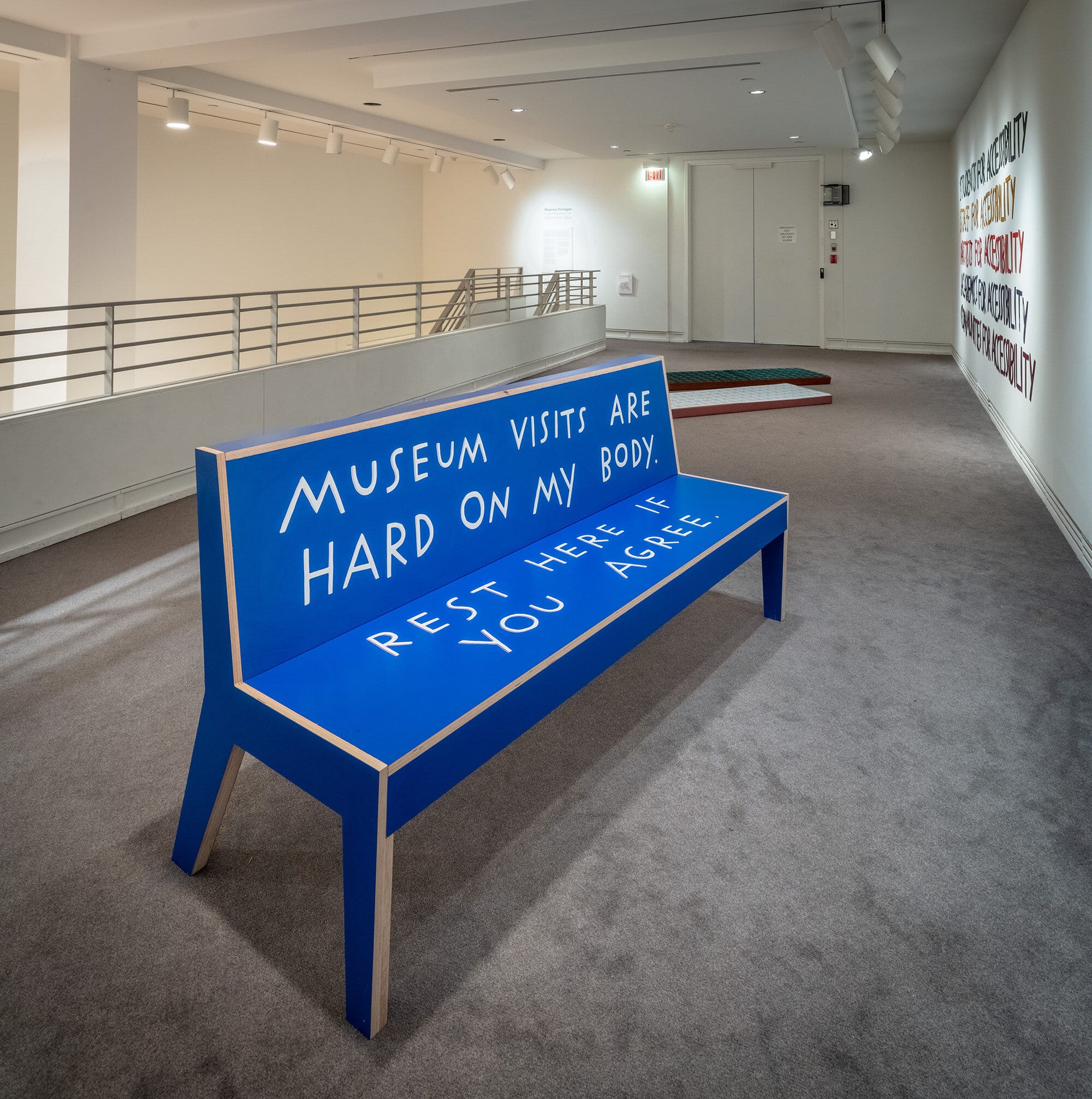
This is Life as a Sacred Text 🌱, an everybody-celebrating, justice-centered voyage into ancient stories that can illuminate our own lives. It‘s run on a nonprofit, so it’s 100% NAZI FREE. More about the project here, and to subscribe, go here:
At the time, getting out of Egypt was urgent, for the Israelites.
It felt scary to leave behind all they’d ever known, to set out into the unknown–but also exhilarating, Exciting. New.
And then we get to... Well.
After a while in the desert, the Israelites begin to get all weepy, and say,
Who shall give us meat to eat? We remember the fish, which we ate in Egypt for nothing; the cucumbers, and the melons, and the leeks, and the onions, and the garlic; But now our gullet is dried away; there is nothing at all, beside this manna, before our eyes. (Numbers 11:4-6)
Now it’s go time.
So many communities that I know are in that liminal, midbar, desert place, no longer AS enslaved to old ways of thinking—but that new, thriving, just society has not yet been set up.
It’s manna every day.
And the Israelites discover that the real work getting towards liberation is… sometimes really tedious.
And challenging.
And not where they want to be.
A year and a half ago, I published On Repentance and Repair, which (as many of you longtime readers know) applies the 12th c. Torah scholar Maimonides’ principles of tshuvah, repentance and accountability, not only to our personal lives, as Jews so often do, but also to the public square, to our institutions, and even to the national level.
Through the work that led me to write the book in the first place, and then in the wake of other things that emerged as a result of the book, I’ve gotten glimpses the inner workings of many of the institutions in my own, and other, communities.
(And by "getting glimpses" I mean everything from, "I've worked with leaders on their organizational pickles" to "wow, so many kinds of things can happen at conferences and 'design thinking' gatherings" to "if you don't think the whisper network has a fully operational (unpaid) staff team, think again; lotta activism happens where very few people see it."(1) to "wow, getting non-consensually BCC'd really is a thing, huh?")
Anyway, I don’t think it’s a great secret that many institutions, and the people who run them, are kind of secretly longing for cucumbers and melons.
Not the abuse, mind you.
OK, there may be some of the people in power who continue to romanticize the idea that they can say and do whatever they please to people over whom they hold power with no accountability and no consequence. uhhh (guess what that is?) (2)
But the Israelites weren’t remembering slavery. But rather, they were romanticizing how easy it was to just sit back and let toxic systems do their thing.
Because yeah, this work is hard. Really really hard.
If you commit to addressing harm and abuse, what does that put you on the hook for, exactly?
What do you have to take responsibility for, and to whom?
What does that mean you owe?
What liability does that open you up to?
What might that do to your personal or institutional reputation?
How do we know when repair work has happened?
Who decides?
(The answer, of course, is victim-survivors, who are and always must be our north star.)
If you commit to equity, oh, lordy, what does that mean about how you deal with salaries now—and your current employees?
How does that stress an already stressed budget?
What does that mean for how you think about creating more just, inclusive, equitable hiring practices– and transforming employee culture to retain the people you hire– how many of your current practices do you have to change to make that possible, and when and how would you have the time or money to do all of those things?
How do you best navigate, on an HR policy level, the fact that both abortion and gender-affirming care are workplace equity issues in a country that has placed some bodies under attack? (To say nothing of the attacks on DEI?)
It can feel tempting to long for the days when you could just, like, go do your job.
I get it–
I see it–
That desire to just, like, eat your leeks and melons in peace.
To be somewhere that's not stranded out in this midbar, in this great fraught expanse where it's all just so uncertain.
Where it everything feels so high stakes—the days are sweltering, the nights are freezing, and it’s just not clear what would happen if you actually sent out the press release taking full responsibility for harm.
But we know that the price of those melons is way too high.
Because Egypt is a place of oppression.
Domination.
Enslavement.
It wasn’t better.
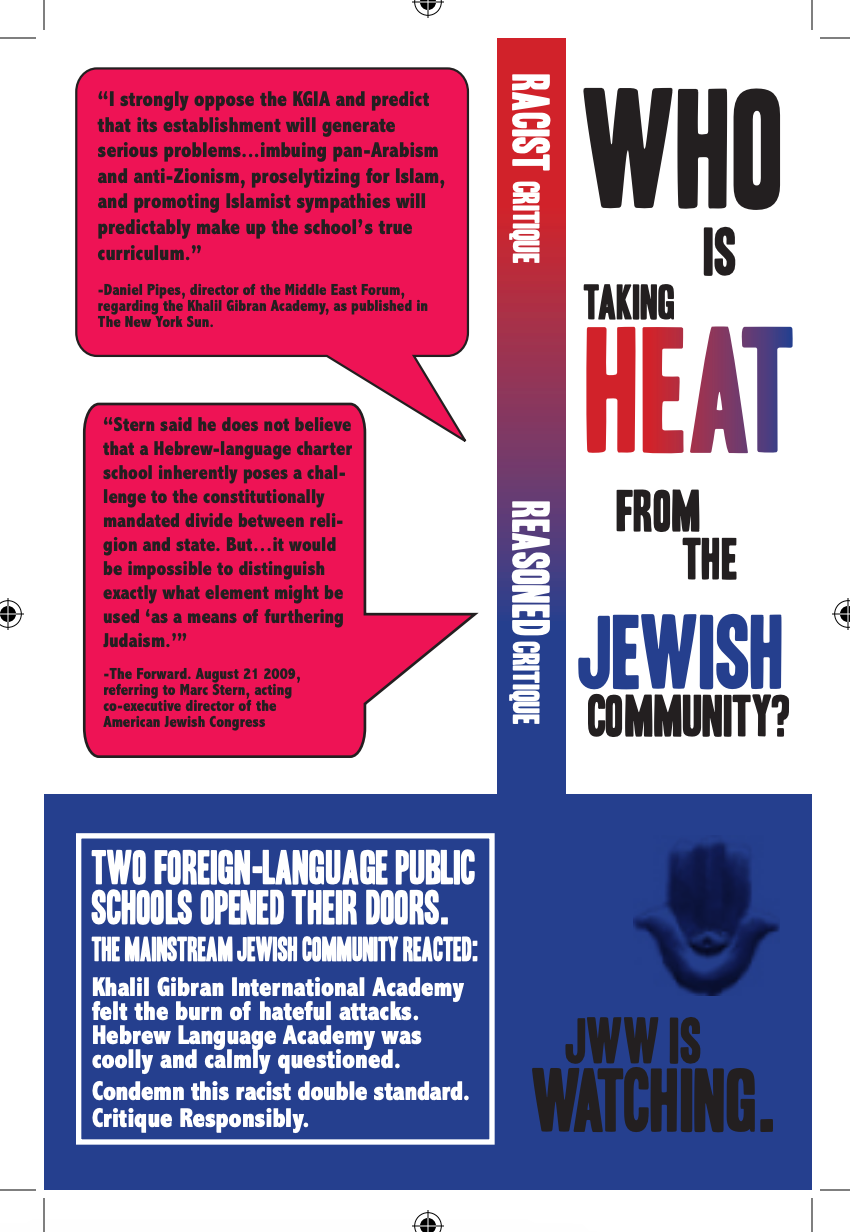
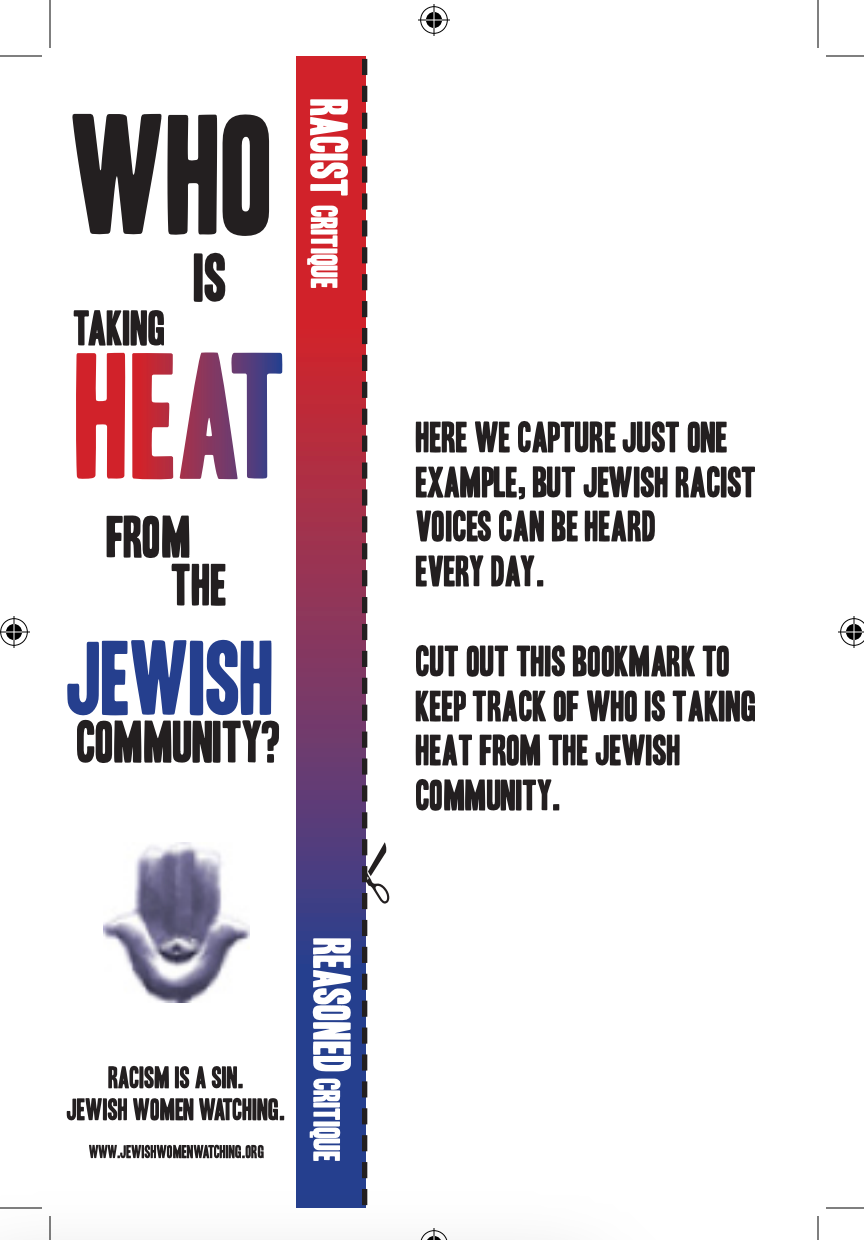
Jewish Women Watching was a an anonymous group that operated from roughly 2000-2011, modeled after the art world's Guerrilla Girls, aimed at holding the Jewish community accountable for misogyny, homophobia, racism, squashing dissent, getting into bed with Christian nationalists, ignoring the Occupation, and more. It often took aim at specific institutions, such as creating a parody pamphlet of MAKOR: Center for Jewish Living, called MAJOR: Center for Jewish Breeding. Sometimes the activism of the whisper network comes out into the light.
Moshe has something of a leadership breakdown at this point.
He goes to God and asks,
Did I myself conceive this entire people, or did I myself give birth to them, that you should say to me: 'Carry them in your bosom as a nursing parent carries a suckling-child?' (Numbers 11:12)
The implication is that Moshe isn’t the Israelites’ bio mom, God is.
It’s a poignant moment to suddenly see feminine metaphors for the divine pop up.
Of course, institutional harm isn't only a gendered issue. But whew. Patriarchy looms large. (White supremacy, too. Ableism. All forms of oppression. Just saying: what a place to see millennia-old oppressive paradigms flipped!)
He continues:
Where am I to get meat to give to all this people, when they whine before me and say, ‘Give us meat to eat!’ I cannot carry all this people by myself, for it is too much for me. (Numbers 11:13-14)
You can hear the exhaustion, the frustration, the at the end-of-his-rope-ness in Moses' voice at this moment.
I think about the people who struggled for years trying to get their organizations, companies and academic associations to address the abuse they experienced, but who, after institutional betrayal after institutional betrayal, had no other way to stop their abuser but to out themselves, vulnerably, in the media–to open themselves to the court of public opinion because everyone else insisted on asking about cucumbers.
I think about the people whose trauma has been treated as object lessons by their institution, their abuser, their community– without consent, without agency.
I think about the people who struggled even to name what happened to them, because they were gaslit by their abusers, their institutional enablers and their culture into being told that it wasn't anything, and then gaslit by the people that they told, when they started to surface some feelings, that it wasn't anything.
I think about the people who finally, finally told the truth, who began to generate some momentum–to be told by their institutions that recourse and accountability was coming, only to find that what they were offered fell far too short of acceptable. Only to be put in the position of having to push again, and again, and again.
I think about the people who have been trying, often single-handedly, to move organizations and institutions from the inside, listening to stakeholders whine and kvetch and resist and try to pull their way back to those oppressive systems, all the while feeling that exasperation, even extreme burnout, that Moshe does in this moment.
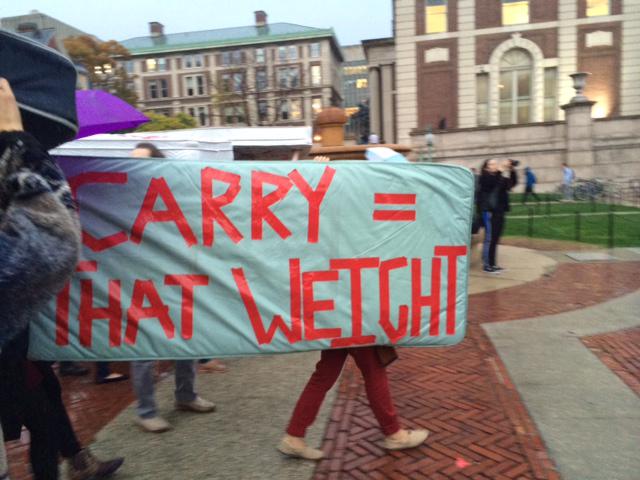
God has a reply for Moses:
“Gather for Me seventy of Israel’s elders of whom you have experience as elders and officers of the people, and bring them to the Tent of Meeting and let them take their place there with you. I will come down and speak with you there, and I will draw upon the spirit that is on you and put it upon them; they shall share the burden of the people with you, and you shall not bear it alone." (Numbers 11:16-17)
Parallel to the whole story in which the of the Israelites wind up getting a little, uh, taste of their own medicine, there’s this strange vignette in which God’s spirit–ruach– comes down upon Moshe and the elders. It doesn’t seem to serve any narrative purpose–the divine flex is wholly unnecessary to the story.
Except I think what’s going on is this:
We cannot do this work alone.
Not without other people, and not without spiritual sustenance, so that we can draw not out of ourselves, but from something bigger.

Timing is a funny thing. I'd had a version of this piece drafted for a long, long time, and it just happened that we got to this point in the Book of Numbers when it became... this week. Which happens to be kind of a newsworthy time (if you didn't see on social media already.) (I swear that I didn't plan it this way, but here we are.) (I'm resharing some of what I wrote on social media, because I don't have other words yet. I will at some point.)
So. Rabbinical school was awful for me.
Anyone who saw me there or has spoken to me personally about this is aware of this fact.
But candidly, I never assumed that I’d have the political option of speaking or writing publicly about it; I always figured that the bullying, harassment, manipulation, and gaslighting that I experienced would primarily remain a matter for me and my trauma therapist.
But then I found myself one day on a Zoom call, asked by the wonderful Dr. Keren McGinity (who was serving in an ombudsperson role) to do some strategizing work with a then-current rab student named Shayna Dollinger who was being denied her Title IX rights— and it turned out that another colleague was also on the call– the great Rabbi Lauren Henderson, one of the many many many women who had transferred or dropped out from the same school. (They shed strong women like they shed cats, I used to say.)
The harm is not all gender-based, by a long shot– there's a whole cornucopia of issues– and 20 years later, there's still so much harm being perpetrated.
And it was clear to us that we had to do something so that nobody else would experience what we did. And it was also clear to us, once we began to talk, that none of us were ever really alone, if we began to think about it.
We began to reach out to other people that we know who had stories, who had experienced harm. We'd ask them who else we should ask. We began building a Google doc, making bullet points of the most significant things that had happened, eventually grouping them by category, with headings. We submitted a letter signed by 13 people to the Ethics Committee of our denomination just before Passover last year; they opened an investigation, and eventually the school itself hired an independent firm to investigate as well. (A highly incomplete version of the story here.) There are now over 25 of us, and the number keeps growing. I know many more people than that in our extended network, even if some prefer to keep their distance for fear of retaliation or the like.
AJU– the school– should get the independent firm's report any day now. They must release that report to the public so that the burden of giving a full accounting to the public will not be, yet again, on those who were harmed.
If you attended the Ziegler School and were harmed, and/or if you're part of the Jewish community and want to show solidarity with those harmed, please fill out this form.
Again and again, I keep encountering former students who say things like, "Oh, my story isn't that significant, but if it's not too much of a diversion from people who've suffered real harm, I'd be glad to talk," only to find that they've experienced a violation of their federal rights, the abrogation of our professional code of conduct, or severe moral injury.
Everyone was "bear[ing] the burden alone."
It has been, as it was for Moses, "too much."
Now the burden is spread among us all– and the stories, and the truth, and the determination to create a different future for everyone– and we all feel much lighter.
Just like Emma Sulkowicz had others helping her carry that weight around campus.
Just like hundreds of students– Black and white and all other backgrounds– walked out together, during class, to demand a safer learning environment.
We cannot do this alone.
We must find, and be, elders for one another.
We must find the people around us who have each others' back, who are committed to a more whole, more just world–even if the process is full of complex, agonizing choices.
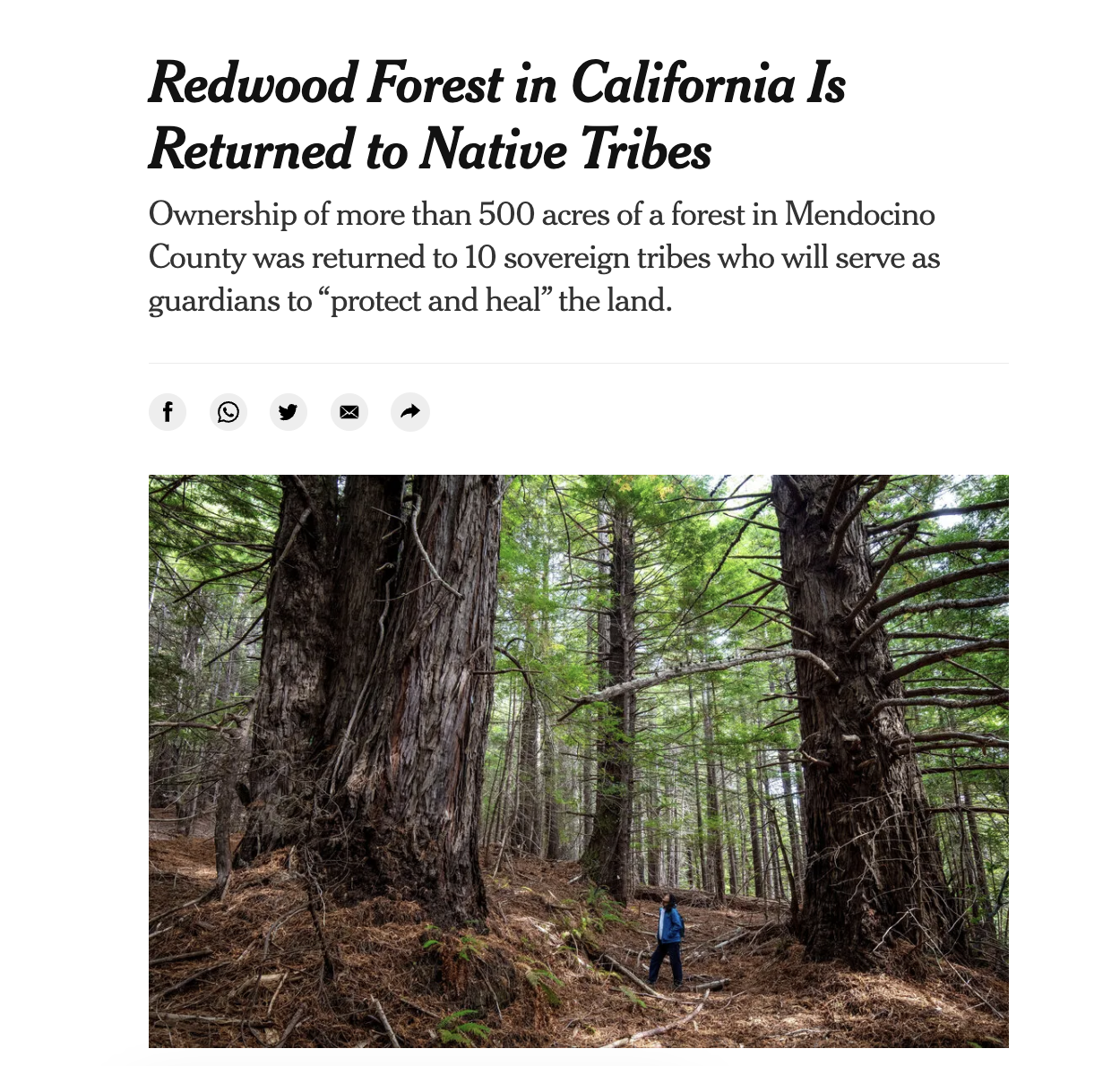
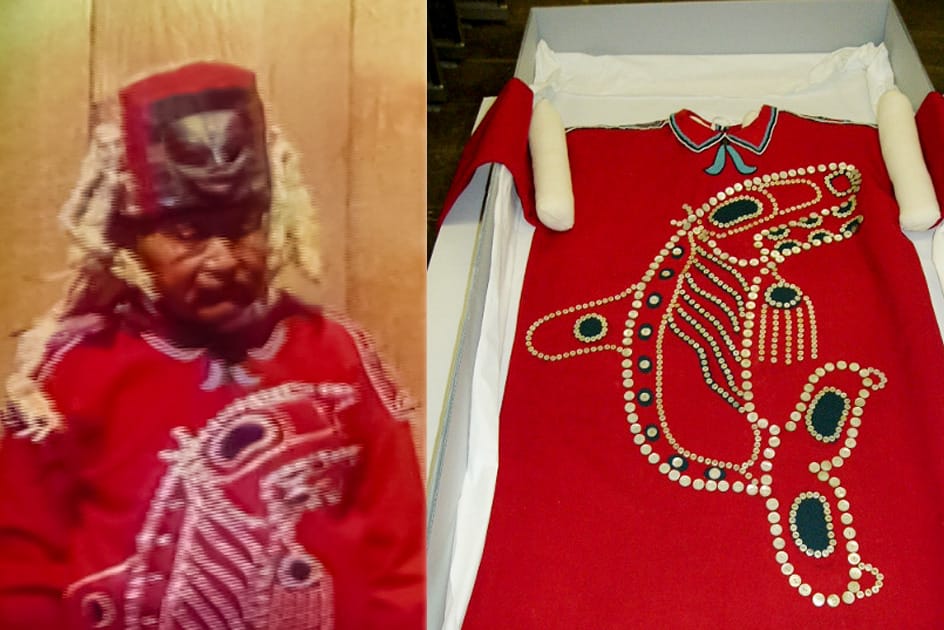
Even if it’s messy and we’re going to make mistakes and we’re going to disappoint people and have to iterate and figure out how to navigate this entirely new environment, entirely new terrain– a vast expanse of professional, and perhaps personal terrors that we must cross in order to get to the Promised Land, where everyone in our community and our institutions is safe, everyone is whole, everyone can thrive in all of the ways.
And we also need to find that ruach.
To breathe in, to connect to the divine, the Big bigness, the universe, our whole gorgeous interconnectedness, our own breath. Whatever words you use.
I believe in our ability to show everyone how to get there.
If we can do that, we can cut all of those years of wandering down.
If we do that, we will find our way home.
🌱🌱🌱🌱🌱🌱🌱🌱🌱🌱🌱🌱🌱🌱🌱🌱🌱🌱🌱🌱🌱🌱🌱🌱🌱🌱
Like this? Get more of it in your inbox every week. 🌱
For free every Monday—sign up at the ‘Subscribe now’ button just below.
And if you become a paid subscriber, that's how you can get tools for deeper transformation, a community for doing the work, and support the labor that makes these Monday essays happen.
A note on the subscription model:
I want my work to be as accessible to as many people as possible, in as many ways as possible. That's why the Monday essays are free, and why we donate subscriptions to anyone for whom paying is a barrier to the House of Study posts.
I also believe people should be paid fairly for their work. Needless to say, these two values sometimes seem to be in conflict, but I do what I can to find a fair balance. I offer many resources for free, and charge for others. When you donate generously or pay at the top of our scale, that helps support the work I do, provides access for those who have fewer resources, pays for the infrastructure and the technical and practical support that it takes to do this, and helps us keep the work sustainable.
And as always, if you want in to the Thursday space but paying isn't for you now, just email support@lifeisasacredtext.com and we'll hook you up.
And if you’d like to underwrite one of these donated subscriptions, you can do so by signing up at one of the higher subscription points.
And if it resonated with you, please share this post.
Sending a big pile of blessings and goodness your way. 💕
[1] Whisper networks
[2] Actively abusive!
I also think that the notion that "whisper networks" are just networks in which people of marginalized identities warn one another about who to look out for and pass along names--and that's it--is a misnomer. In my experience, they're often much more thoughtful and strategic nodes of organizing and strategy. Sure, there are informal conversations that happen in the corners of professional life in which people who trust each other share a bit of information about this revered icon or that potential candidate so that we can better take care of ourselves and each other. But these networks are also places where professionals become activists, strategists, become advocates for and run interference for one another, build power quietly behind the scenes, and more. ↩︎
I am differentiating those who are actively abusive from those who posess some institutional will to move forward. There is a stated desire to act differently that we so often see, coupled with the lack of change in the direction of meaningful difference-- that longing for cucumbers, that desire to not have the demands of this 21st c. transformation weigh so heavy. This is differentiated, I think, from, say, the Christian Nationalist zeal to actively turn back the clock, to become the Egypitan enslavers in so many ways. If you will. ↩︎
